By successfully completing all five courses of Enduring Questions, each student fulfills the following Ole Core requirements:
- First-Year Seminar
- Writing and Rhetoric
- Religion, Faith, and Values
- Global History
- Writing Across the Curriculum
- Creativity
- Ethical Reasoning in Context
NOTE: For more information on the General Education Requirements for Graduation at St. Olaf, please see the “Graduation Requirements” section of the St. Olaf Catalog.
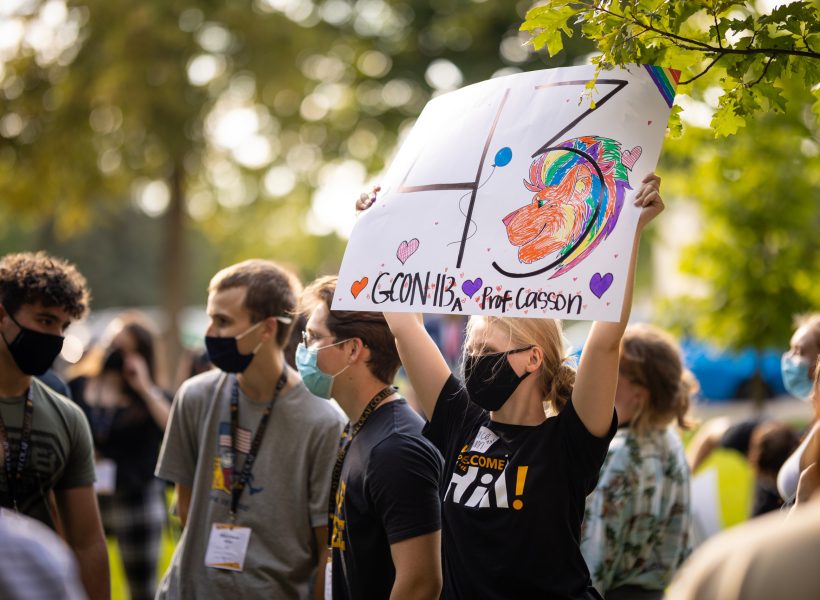
QUEST 113: Heroes, Gods, and Monsters (Ole Core: First-Year Seminar)
First Year, Fall Semester
Students explore the philosophy, arts, and religion of the Ancient Mediterranean through works of the Babylonians, Israelites, and Greeks, usually including the Epic of Gilgamesh, Homer, Plato, Aristotle, Sappho, Sophocles, and the Hebrew Bible, with modern criticism providing context. This course requires close reading of texts, critical analysis, engaged discussion, and learning in community. Students complete an intensive research project and reflect on the liberal arts and their positions as modern students of ancient texts.
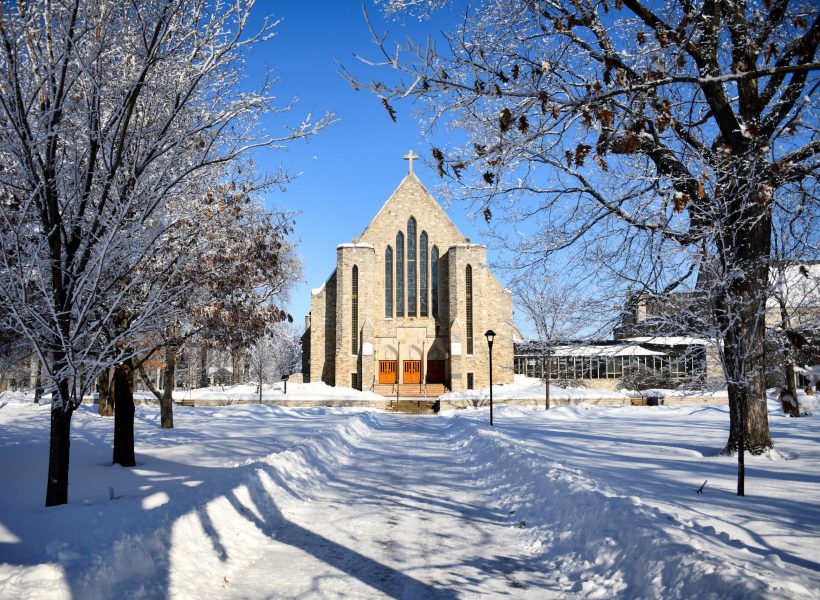
QUEST 115: Emperors, Orators, Disciples (Ole Core: Religion, Faith, and Values)
First Year, Interim
The Roman Empire and the rise of Christianity posed questions about the soul, civic and religious virtue, building and resisting empire, and the use of history for political ends. Students address how Christianity was shaped by Roman culture and shaped it in turn. Works include epic, history, philosophy, oratory, canonical and non-canonical gospels, epistles, and apocalyptic works. Students practice oral presentations and debates and complete a project linking visual arts to Roman culture and religion.
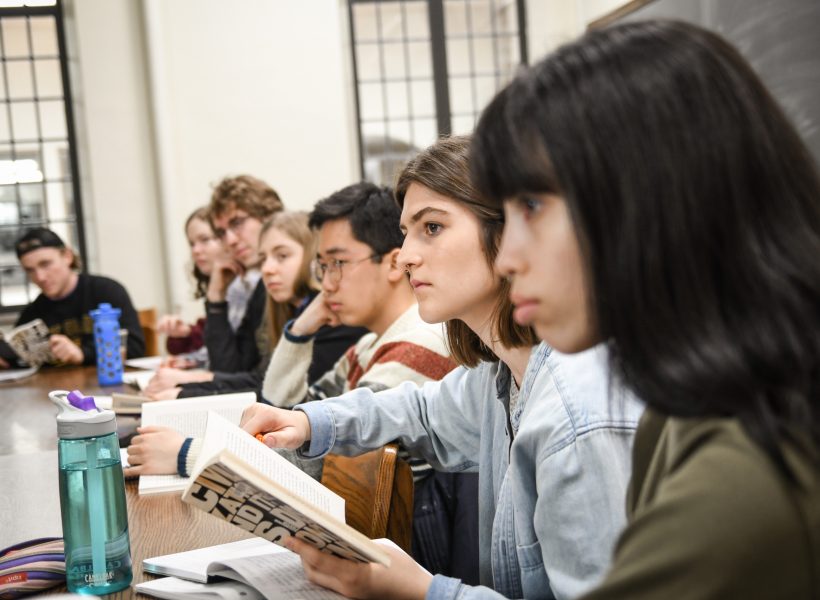
QUEST 116: Warriors, Mystics, Reformers (Ole Core: Writing and Rhetoric)
First Year, Spring Semester
Christian and Muslim empires rose and fell in the Medieval and Renaissance Mediterranean world. The end of feudalism and changing social structures offered platforms to marginalized speakers. This course usually includes the Qur’an, Christian and Muslim theology, mysticism, and authors like Augustine, Hildegard von Bingen, Dante, Machiavelli, and Michelangelo. Course themes include journeys, gender, sexuality, faith, and reason. Students reflect on the relevance of premodern Europe to today’s world and their learning process thus far.
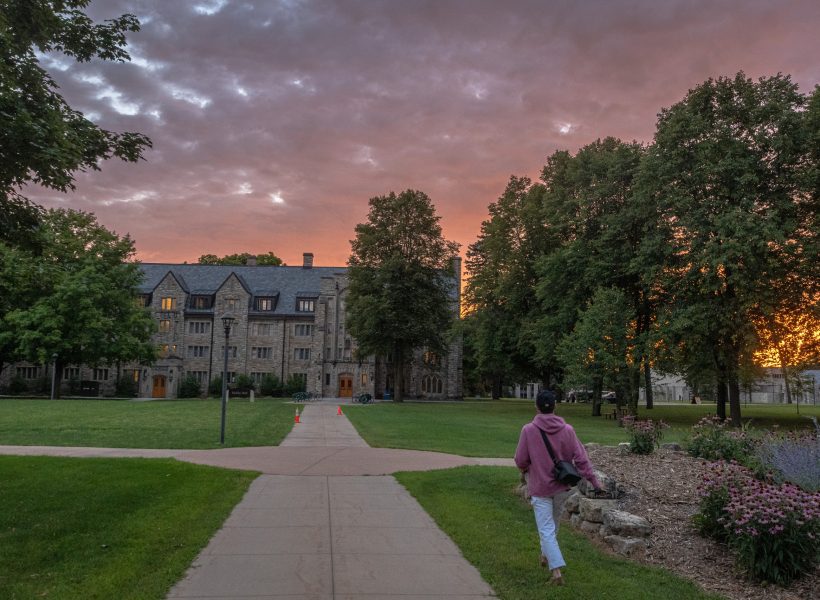
QUEST 217: Explorers, Rationalists, Revolutionaries (Ole Core: Global History; Writing Across the Curriculum)
Second Year, Fall Semester
From 1600-1900, classical and Biblical texts spread globally through exploration and colonization. This course addresses how Greco-Roman and Judeo-Christian thought informed not only the Enlightenment, science, and Romanticism, but also justifications of colonization and slavery. Typical authors include Shakespeare, Descartes, Milton, Sor Juana, Kant, Equiano, Wollstonecraft, Hegel, and Marx, addressing freedom, the moral life, just war, certainty, empiricism, and evil. Students discuss how history is constructed from evidence and how its interpretation impacts the present.
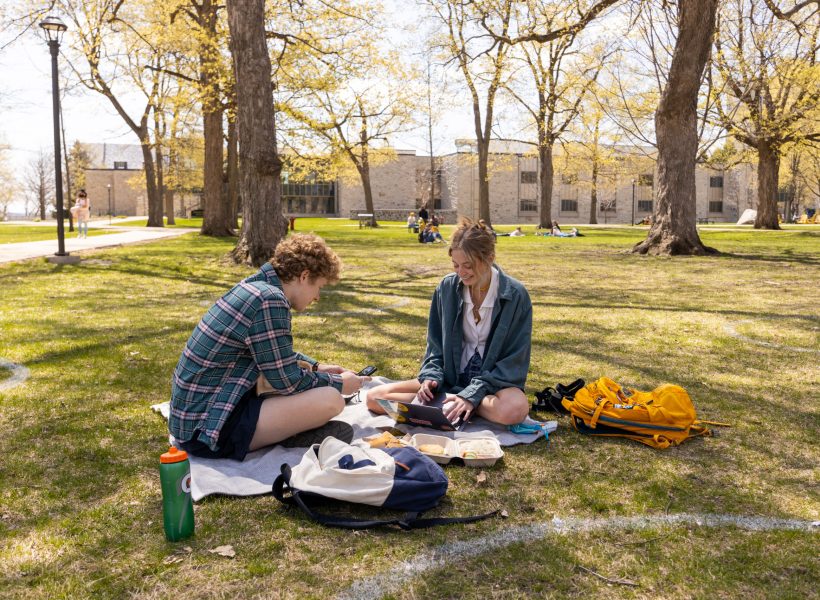
QUEST 218: Critics, Dreamers, Radicals (Ole Core: Creativity; Ethical Reasoning in Context)
Second Year, Spring Semester
In this course, students consider the modern age in light of their Enduring Questions experience. Topics include artists and authors from the twentieth century to the present, such as Freud, Picasso, Woolf, Arendt, and Borges, addressing topics such as the rise of nationalism, rejections of colonialism, globalization, migration, and race and racism. Students identify and evaluate their own ethical views in relation to ethical theories, like consequentialism and virtue ethics, encountered throughout the Enduring Questions.
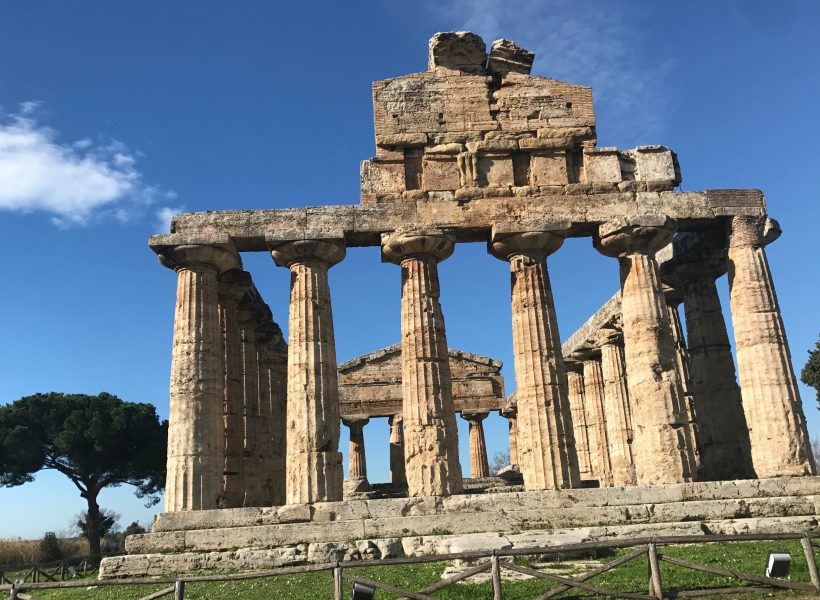
QUEST 282: “What is Europe” Metageography in Vienna and Seville
January 2026
The course explores constructions of Europe and European identity through the approach of metageography, critically examining the arbitrary, contested, power-laden, yet taken-for-granted spatial frameworks through which knowledge is organized. To unpack the notion of “Europe,” students engage with the narratives offered by museums and historic sites in and around Vienna, Austria and Seville, Spain, two cities that have served as political, economic and cultural centers of Europe. Founded as an outpost of the Roman Empire, Vienna became capital of the Holy Roman Empire and of the Austro-Hungarian Empire. It was capital of a neutral nation situated between Cold War blocs and is now a seat of the United Nations. In ancient myth, Seville was founded by the hero Hercules. Colonized by the Phoenicians and the Romans, it was later a capital of the Umayyad Caliphate and then of the Spanish Empire following colonization of the Americas. Today, it is the capital of Andalucía.